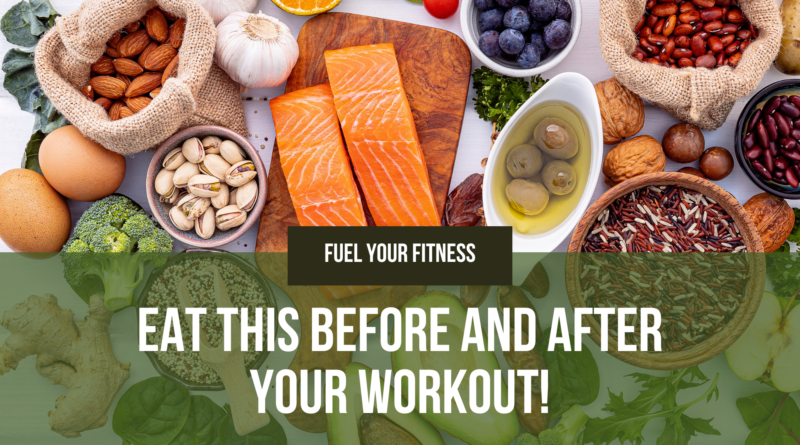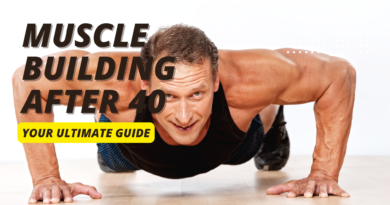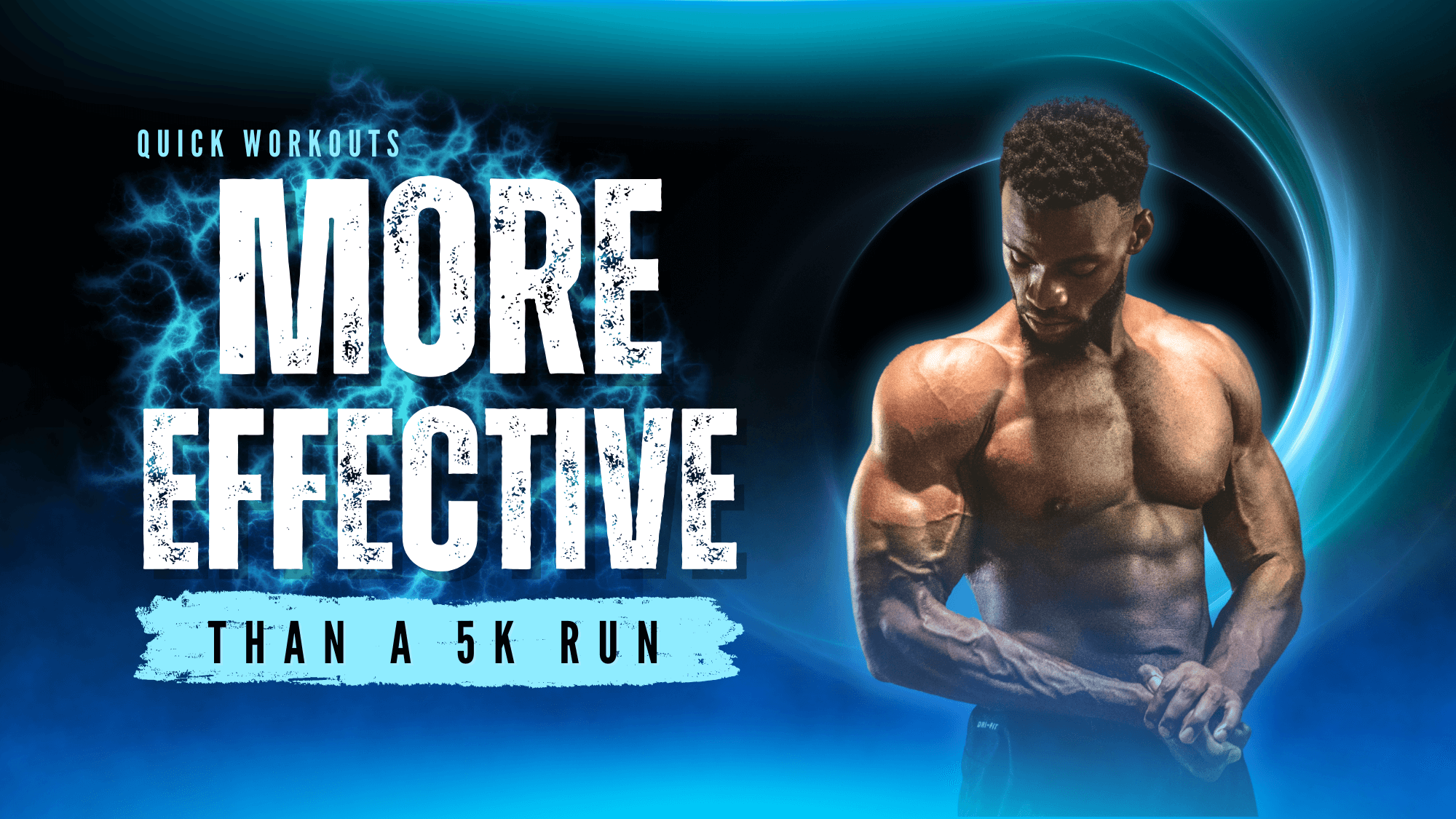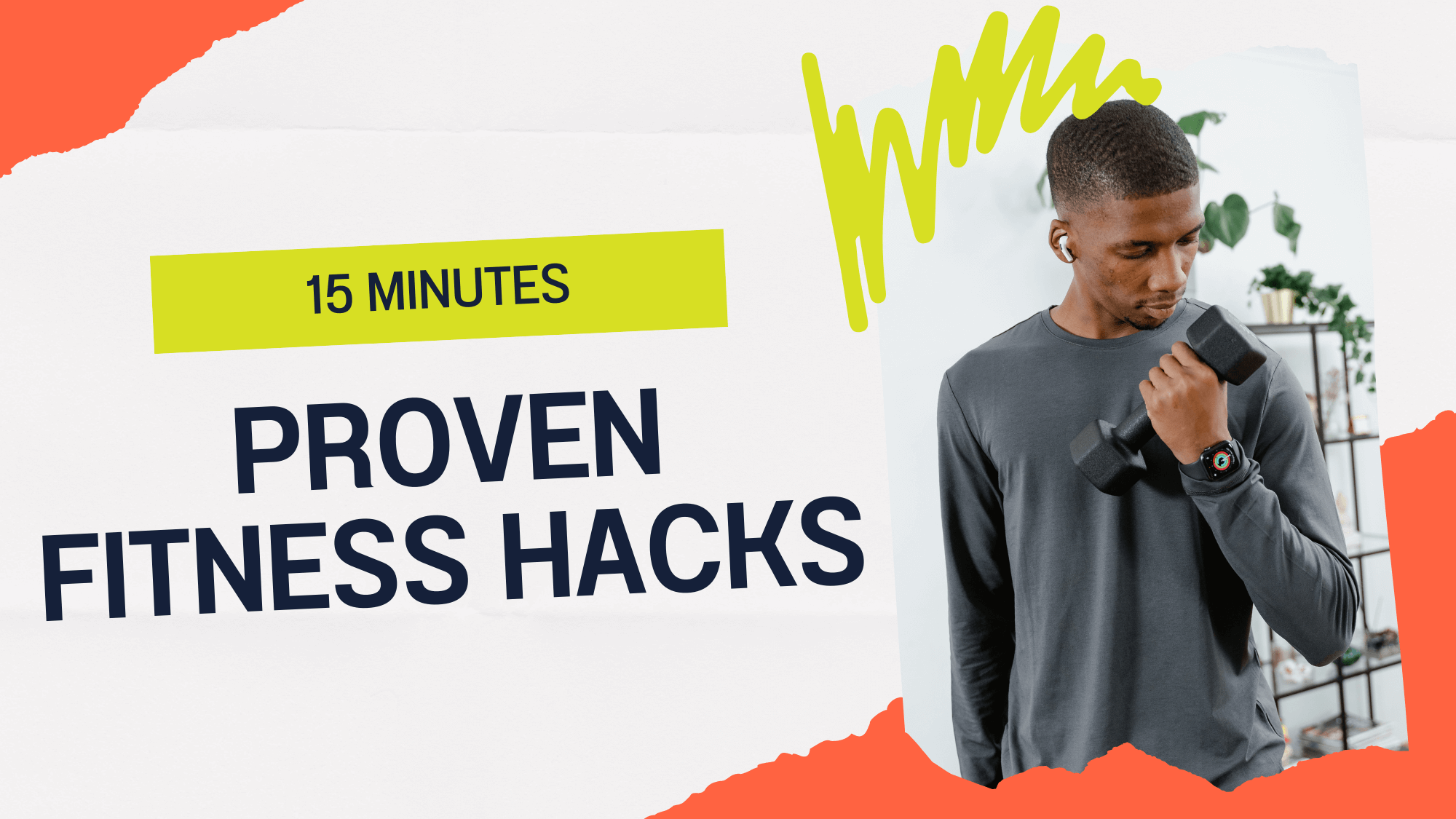What to Eat Before and After Workout for Best Results
Introduction
We’ve all been there – standing in the kitchen, wondering what to eat before hitting the gym or what to munch on after those grueling sets. Getting your pre and post-workout nutrition right isn’t just about filling your stomach; it’s about fueling your performance and maximizing your results. In this comprehensive guide, we’ll break down everything you need to know about workout nutrition in a way that actually makes sense.
Why Timing Your Meals Matters
Think of your body as a high-performance car. You wouldn’t put the wrong fuel in it or try to run it on empty, right? The same goes for your body before and after exercise. Proper nutrition timing can:
- Boost your energy levels
- Improve performance
- Support muscle recovery
- Reduce muscle soreness
- Help achieve your fitness goals faster
Pre-Workout Nutrition: Fueling Your Engine
Timing Is Everything
The ideal time to eat before a workout depends on the size of your meal:
- 2-3 hours before: Larger meals
- 1-2 hours before: Smaller meals
- 30-60 minutes before: Small snacks
What to Eat Before a Workout
Carbohydrates: Your Primary Fuel Source
Think of carbs as your body’s preferred energy currency. They’re quickly broken down and used as fuel during exercise. Good options include:
- Oatmeal with banana
- Whole grain toast
- Sweet potatoes
- Rice
- Fresh fruits
Moderate Protein
Adding some protein helps prevent muscle breakdown during exercise:
- Greek yogurt
- Eggs
- Lean chicken
- Turkey
- Protein smoothies
Limited Fats
While fats are important, they digest slowly and might make you feel sluggish during your workout. Keep pre-workout fats minimal:
- Small amounts of nuts
- Avocado
- Nut butter (in moderation)
Pre-Workout Meal Ideas
- The Classic Combo
- 1 cup oatmeal
- 1 banana
- 1 tablespoon honey
- 1 scoop protein powder
- The Quick Fix
- Whole grain toast
- Hard-boiled egg
- Small apple
- The Smoothie Solution
- Greek yogurt
- Mixed berries
- Banana
- Splash of almond milk
- Honey to taste
Post-Workout Nutrition: The Recovery Window
The Important Recovery Window
The 30-60 minutes after your workout is often called the “anabolic window” – a prime time for nutrient absorption. During this period, your body is like a sponge, ready to soak up nutrients to repair and rebuild.
What to Eat After a Workout
Protein: The Building Blocks
Your muscles need protein to repair and grow:
- Chicken breast
- Fish
- Lean beef
- Eggs
- Whey protein
- Plant-based proteins (legumes, tofu)
Carbohydrates: Replenishing Energy Stores
Carbs help restore glycogen levels and aid in protein absorption:
- Rice
- Quinoa
- Sweet potatoes
- Whole grain pasta
- Fresh fruits
Healthy Fats: Supporting Recovery
After your workout, you can include moderate amounts of healthy fats:
- Avocados
- Nuts and seeds
- Olive oil
- Fatty fish
Post-Workout Meal Ideas
- The Protein Powerhouse
- Grilled chicken breast
- Brown rice
- Steamed broccoli
- Olive oil drizzle
- The Vegetarian Victory
- Quinoa bowl
- Black beans
- Roasted vegetables
- Avocado
- Hemp seeds
- The Quick Recovery
- Protein shake
- Banana
- Handful of almonds
Special Considerations
Morning Workouts
If you’re an early bird, eating a full meal might be challenging. Options include:
- Banana with peanut butter
- Small smoothie
- Half a bagel with cream cheese
- Energy bar
Evening Workouts
For night owls, consider:
- Lighter pre-workout meals to avoid discomfort
- Focus on proper post-workout nutrition
- Plan your recovery meal as part of dinner
Endurance vs. Strength Training
Endurance Training
- Higher carb intake
- Moderate protein
- Focus on sustained energy
Strength Training
- Higher protein intake
- Moderate carbs
- Focus on muscle recovery
Common Mistakes to Avoid
- Skipping Pre-Workout Meals
- Can lead to low energy
- Might cause dizziness
- May result in poor performance
- Overeating Before Exercise
- Can cause discomfort
- Might lead to nausea
- May impact performance
- Waiting Too Long to Eat After
- Delays recovery
- Can increase muscle soreness
- Might affect next-day performance
- Choosing the Wrong Foods
- High-fat foods before exercise
- Sugary foods that cause crashes
- Not enough protein after workouts
Hydration: The Often Forgotten Component
Before Your Workout
- Drink 16-20 oz water 2-3 hours before
- Another 8-10 oz 15-30 minutes before
- Consider electrolytes for intense sessions
During Your Workout
- Sip water regularly
- 7-10 oz every 10-20 minutes
- More for intense or long sessions
After Your Workout
- 16-24 oz for every pound lost during exercise
- Include electrolytes for longer sessions
- Monitor urine color for hydration status
Supplements: Should You Use Them?
Pre-Workout Supplements
- Caffeine
- Beta-alanine
- Creatine
- BCAAs
Post-Workout Supplements
- Protein powder
- BCAAs
- Electrolyte drinks
- Recovery formulas
Remember: Supplements should supplement, not replace, a good diet.
Adjusting for Your Goals
Weight Loss
- Focus on protein
- Moderate carbs
- Timing matters less than overall calorie deficit
Muscle Gain
- Higher protein intake
- Sufficient carbs
- Timing is more crucial
Performance
- Balance of nutrients
- Emphasis on carbs
- Proper timing essential
Listen to Your Body
Everyone’s nutritional needs are different. Factors that affect your ideal nutrition plan include:
- Body type
- Training intensity
- Goals
- Schedule
- Dietary restrictions
- Personal preferences
Creating Your Meal Plan
Step 1: Assess Your Goals
- What are you training for?
- What’s your current fitness level?
- What are your dietary preferences?
Step 2: Plan Your Workout Schedule
- When do you typically exercise?
- How long are your sessions?
- What type of exercise do you do?
Step 3: Plan Your Meals
- Prep meals in advance
- Keep healthy snacks handy
- Plan for busy days
Step 4: Monitor and Adjust
- Track your energy levels
- Note your performance
- Adjust as needed
Frequently Asked Questions (FAQs)
Q1: Can I work out on an empty stomach?
While some people can handle fasted workouts, most perform better with some fuel in their system. If you prefer fasted workouts, start with shorter, less intense sessions and see how your body responds.
Q2: How long should I wait after eating to work out?
Generally, wait 2-3 hours after a large meal, 1-2 hours after a small meal, and 30-60 minutes after a small snack.
Q3: Is it bad to eat immediately after a workout?
No, it’s actually beneficial to eat within 30-60 minutes after your workout. This helps with recovery and muscle repair.
Q4: Do I need protein shakes?
While not necessary, protein shakes can be a convenient way to meet your protein needs, especially post-workout. Whole food sources are equally effective.
Q5: What should I eat if I work out late at night?
Focus on easily digestible proteins and carbs, such as a protein shake with banana, greek yogurt with fruit, or lean protein with rice.
Q6: Should I eat differently on rest days?
Yes, typically you need fewer carbohydrates on rest days, but maintaining adequate protein intake is important for recovery.
Q7: What’s the best pre-workout snack for
Light, easily digestible options like a banana with peanut butter, toast with honey, or a small smoothie work well for most people.
Conclusion
Remember, nutrition isn’t one-size-fits-all. Use these guidelines as a starting point and adjust based on your body’s response and needs. The key is finding what works best for you while ensuring you’re providing your body with the fuel it needs to perform and recover effectively.
Start with the basics, be consistent, and make adjustments as needed. Your perfect pre and post-workout nutrition plan is out there – it just might take some time and experimentation to find it. Listen to your body, stay hydrated, and fuel yourself properly for the best possible results in your fitness journey.
Most importantly, remember that the best nutrition plan is one you can stick to consistently. Make small, sustainable changes rather than drastic ones, and you’ll be more likely to maintain them long-term.




